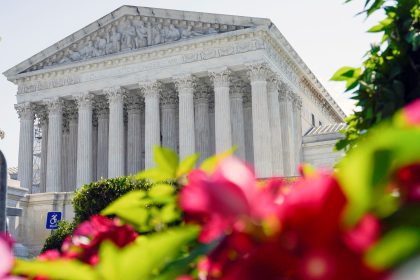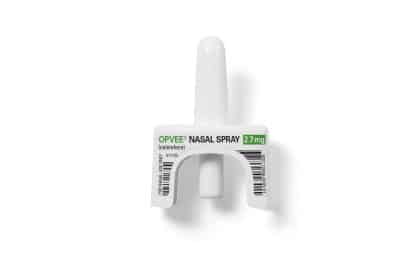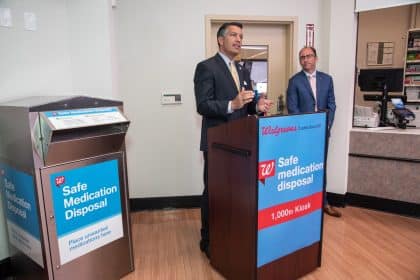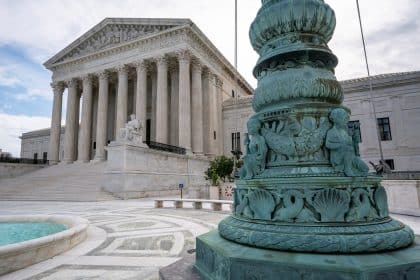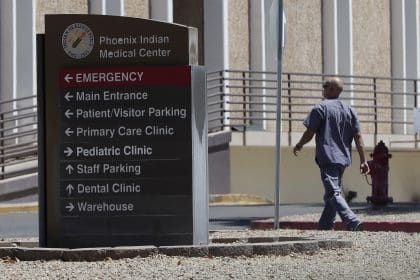Ohio Judge Orders Pharmacies to Pay $650M for Opioid Abuse
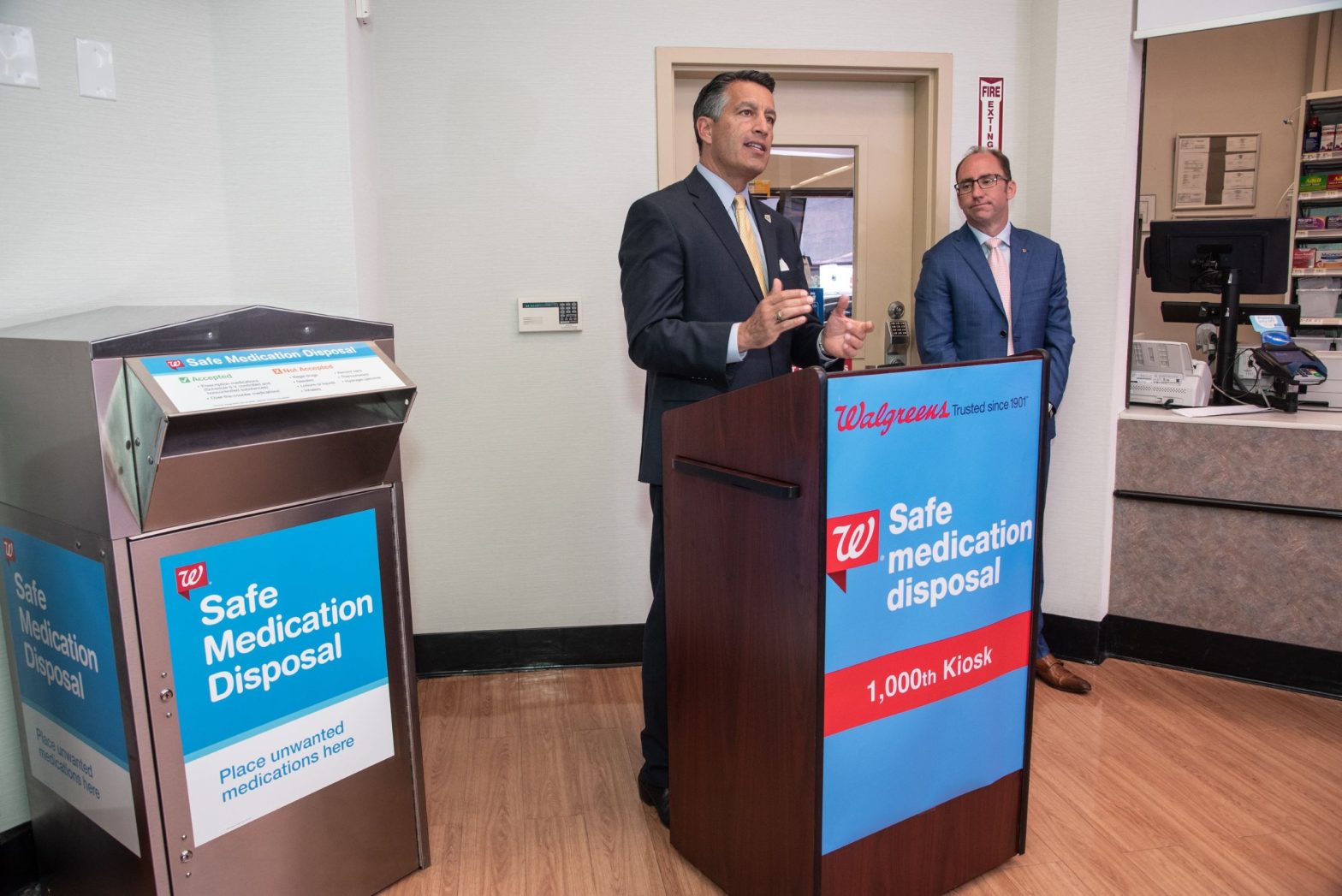
CLEVELAND — Pharmacy chains CVS, Walgreens and Walmart must pay $650.5 million to help with the opioid recovery efforts of two Ohio counties, a federal judge ruled Wednesday.
He agreed with officials in Lake and Trumbull counties that the pharmacies’ failure to protect their customers who used opioids made them guilty of a public nuisance.
“Today marks the start of a new day in our fight to end the opioid epidemic,” Lake County Commissioner John Hamercheck said in a statement after the court’s ruling.
County officials were asking for $1 billion in damages for each county but Judge Dan A. Polster of the U.S. District Court in Cleveland said the pharmacies shared only one-third of the blame.
Drug manufacturers and distributors are liable for any other damages, the judge’s 76-page decision said.
The federal judge’s ruling was the nation’s first to hold pharmacies liable for the opioid epidemic that has claimed more than a half-million lives from overdoses since 1999.
It comes as lawsuits against drug manufacturers, pharmacies and doctors are pending nationwide. Polster is overseeing about 3,100 of the claims, many of which are consolidated as class action lawsuits.
CVS, Walgreens and Walmart presented evidence during the six-week trial that they complied with all laws and Food and Drug Administration regulations in dispensing the drugs. Their attorneys argued they could only be liable if the plaintiffs proved they distributed illicit prescriptions to specific patients.
It was the doctors who wrote the prescriptions while the pharmacies merely filled them, their attorneys argued.
The plaintiffs said the companies ignored warnings that opioids often were abused and led to fatal overdoses as they continued distributing mass quantities of the drugs.
Walmart said in a statement that the counties “sued Walmart in search of deep pockets, and this judgment follows a trial that was engineered to favor the plaintiffs’ attorneys and was riddled with remarkable legal and factual mistakes.”
The judge ordered that money from the judgment be used to fund a 15-year recovery and opioid abatement program in Lake and Trumbull counties. It would be overseen by a court-appointed monitor.
Opioids refer to a variety of inexpensive painkillers that drug companies started selling in the 1990s.
They were marketed initially as a breakthrough to help pain sufferers return to normal lives. Their common names are OxyContin, Percocet, Vicodin and fentanyl. Fentanyl is the most powerful and has caused the most deaths.
They became more widely available in 2013 as drug manufacturers figured out a way to make them synthetically, driving down prices and increasing their potency. Overdose deaths reached a record of 105,000 last year as more Americans sought relief from despair during the COVID-19 pandemic, according to mental health advocates.
The Ohio judgment was released the same day state attorneys general nationwide announced a $450 million settlement with Endo International, one of the largest makers of opioids distributed in the United States.
The attorneys general accused Endo of deceptive marketing “that downplayed the risk of addiction and overstated the benefits” of opioids.
The settlement will need to be approved by a bankruptcy judge after Endo filed for Chapter 11 bankruptcy protection a day earlier in anticipation of the settlement. It was one of several pharmaceutical companies that has been forced into bankruptcy from the combination of competition and opioid litigation.
Endo’s filing in U.S. Bankruptcy Court in New York said it was struggling under $8 billion in debt. The company is domiciled in Dublin, Ireland, but its U.S. operations are based in Malvern, Pennsylvania.
In addition to the $450 million payment to states over 10 years, Endo agreed to a permanent marketing ban on opioids.
A Wall Street Journal editorial described the Ohio judgment as an example of a judicial system out of control.
“Politicians and trial lawyers are sticking up companies across the pharmaceutical supply chain like Bonnie and Clyde,” the editorial said.
Tom can be reached at [email protected] and @TomRamstack

















